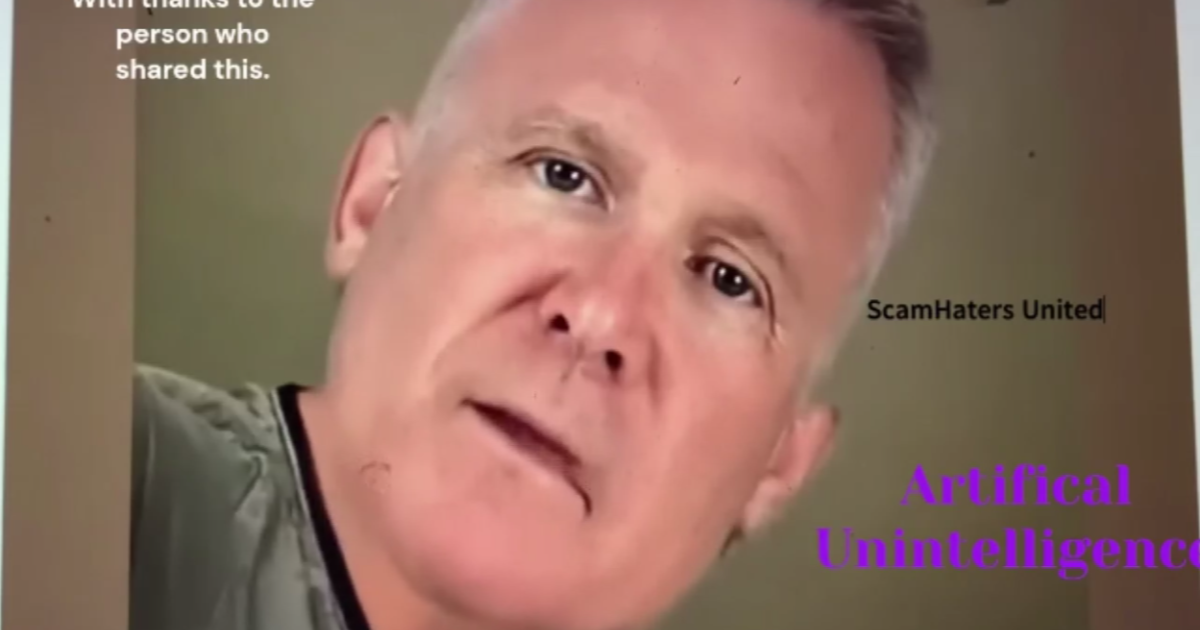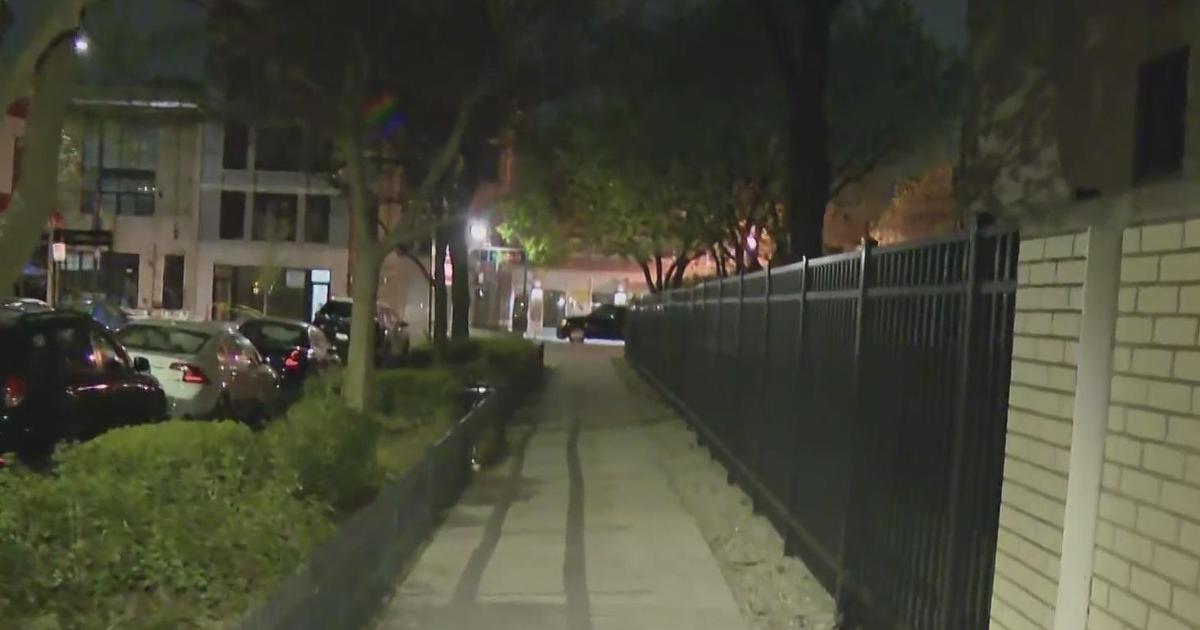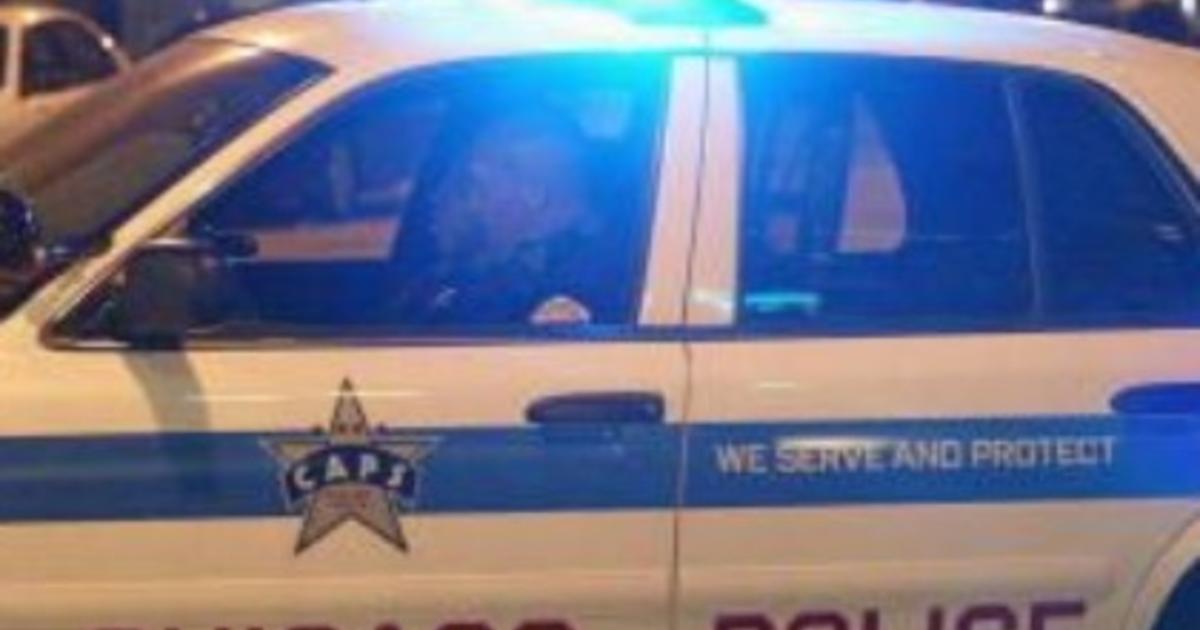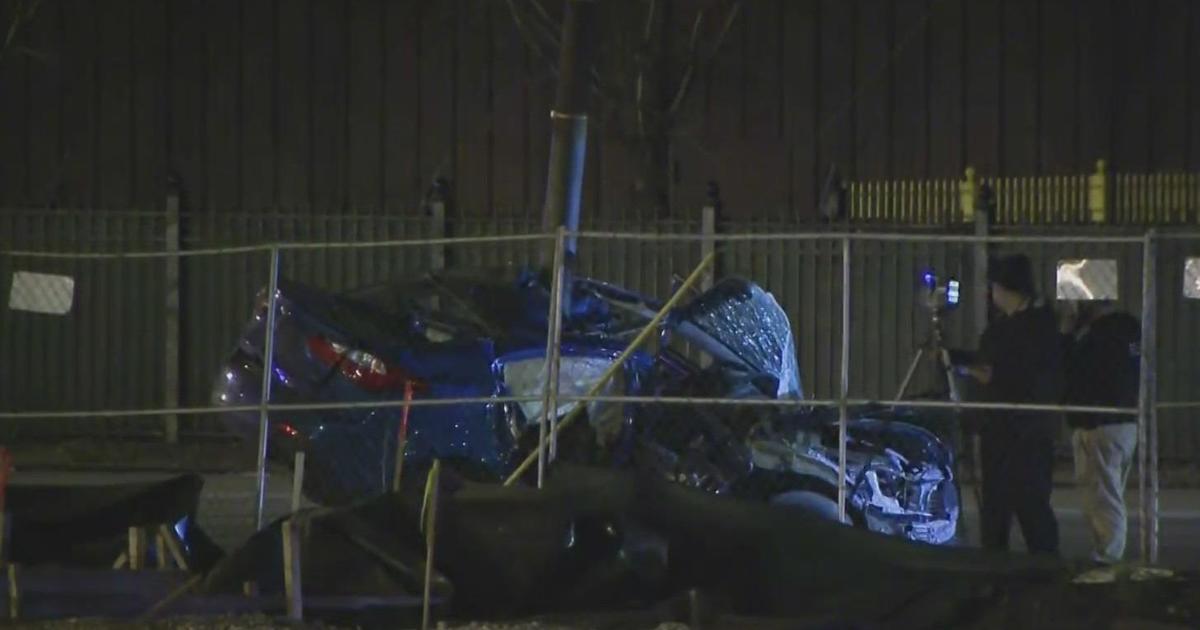More Women At High Risk Of Breast Cancer Choosing Double Mastectomies
CHICAGO (CBS) -- It's an extreme decision, but a potentially life-saving one. More and more women who find out they're at high risk for developing breast cancer are having surgery to remove their breasts.
As CBS 2's Kristyn Hartman learned, they call themselves "pre-vivors" – they took action before cancer could.
Lynda Nelson and Sivan Schondorf got the same news – they tested positive for BRCA 1, a gene mutation that may confer an 87 percent risk of breast cancer.
"My mind went blank," Schondorf said of learning she tested positive for BRCA 1.
Her aunt, Linda, also had the gene mutation and died by age 49.
"I thought, I have this information, it would be such a shame to not use the information to positively change my life," Schondorf said. "For me, the surgery was a no-brainer."
Schondorf, like her mother, chose to have risk reduction surgery – a bilateral mastectomy. Doctors removed her breast tissue from both breasts.
"This is really a liberating experience for many patients once they understand they've cut their risk by 95 percent," said Dr. David Winchester, a breast surgeon for NorthShore University HealthSystem.
Some hospitals that serve populations affected by hereditary cancers have seen a spike in the number of risk reduction surgeries.
Possible reasons for the spike include the fact genetic testing for patients is cheaper now and that breast reconstruction is better.
Also, according to Winchester, patients "don't have to live through the emotional roller coaster of coming back for their MRIs or their mammograms every six months."
Schondorf said, "I worried if I pushed it off too long, I would actually have the surgery and they'd discover I had cancer."
That happened to Nelson.
"My mother's sister, she had breast cancer … my mom's niece, my cousin; she was 27," Nelson said.
When she went in for her bilateral mastectomy, doctors discovered she already had a small cancerous lump in her right breast.
She said the procedure saved her life and she's glad she chose to reduce her risk – but even with the breast cancer deaths in her family, the decision wasn't easy.
"For me it was like losing a part of myself," Nelson said.
She reached out to a group called FORCE -- Facing Our Risk of Cancer Empowered.
"It was nice to talk to somebody that was going through the same thing you're going through," Nelson said.
Schondorf goes to meetings too. After her surgery, she married.
Now she and her husband have a baby girl. They named her Maya Linda for the aunt she lost.
"I can be there for my daughter and I can support her in her journey," she said.
Schondorf and Nelson had what they call one step surgery – breast reconstruction immediately after breast removal. Both are pleased with the results.
Winchester said the surgery is not for everyone. It has to be driven by the patient's risk – largely determined by gene testing and careful evaluation of family history.



